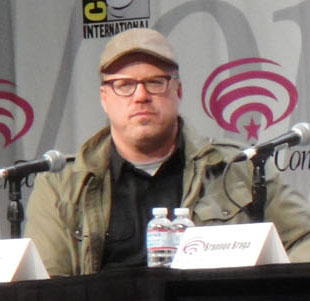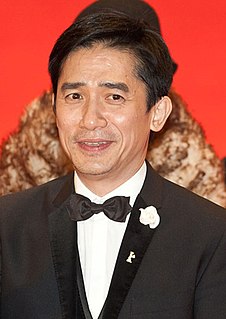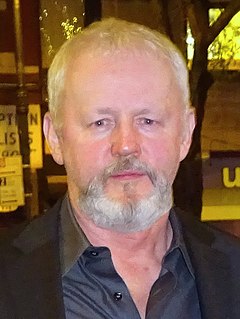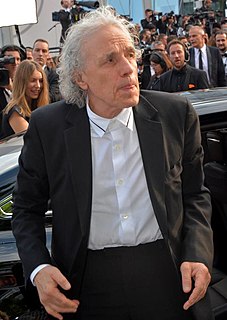A Quote by Takashi Miike
I don't know if I would call it therapy, but filmmaking is really the only thing I know how to do. For me, making movies is a way to bring on change for myself, and I really enjoy that part.
Related Quotes
I was really, really stagnating and getting bored in the steady work of television and didn't really know what movies I would be making that Hollywood would be making, and then I went on to 'Game of Thrones,' and it was just like, everything I've been waiting to do was handed to me by really nice people.
People ask, 'Why would you cast yourself in your movie?' And, for me, it's more like an achievement that I am now not playing all the parts, you know? Like I was for so long, in all my performances and a lot of my short movies. So, that's where I'm coming from, not out of a kind of actress-y sense of myself. I mean, I don't really see myself as an actress, but more from performance: this is how you make something. You do it yourself. You're in it and you write it. I think I keep doing it that way, 'cause it's my way. It's what makes me feel like I know how to do it.
If my choice is to, I don’t know, be with a lot of men, or if I enjoy a really physical relationship, I don’t think that’s necessarily being anti-feminist. For me the argument of feminism never really should have come into the picture. Because I don’t know too much about the history of feminism, and so I’m not really a relevant person to bring into the conversation. Everything I was writing was so autobiographical, it could really only be a personal analysis.
Could you not give me some sign, or tell me something about you that never changes, or some other way to know you, or thing to know you by?" — "No, Curdie: that would be to keep you from knowing me. You must know me in quite another way from that. It would not be the least use to you or me either if I were to make you know me in that way. It would be but to know the sign of me — not to know me myself.
It's always a problem when you're working with people you don't really know. Most filmmaking is about shaking hands and just starting. You know, these month - or two-month-long endeavors that millions of dollars are based on, and the people doing them don't even know each other, or know each other under pressure, or know each other when things are really... Which filmmaking is completely done under in many circumstances. You're under constant crisis, making a movie.
The only thing that I always do - is once I've taken on a job, even just to do one scene in a movie, I ask myself, "What's happened the moment the kid was born, until page one of the script?" To answer that simple question, I have an infinite amount of work to do. And I enjoy that part as much as I enjoy any part of making movies.
I literally make music for my wife and my friends. I don't feel beholden to my fans. I don't even really know who they are. But, I know that this whole thing started with me making stuff that I got off on, and I've gotta believe that that's how it's going to end, too. That's the only way it can go. There are a lot of artists who have gotten pretty caught up in that. That's why I like the defeatist attitude. Just assume that no one is going to like it and that no one cares, and you'll end up making something that you really like.
The cognitive therapy that takes place in the film Antichrist is a form of therapy that I have used for some time, and it has to do with confronting your fears. I would say that especially the part of the film that has to do with therapy is humoristic because people who know about this form of therapy would know that the character is more than a fool.
I wouldn't say the purpose of making art is to enjoy it necessarily. For me, it happens to be the thing I enjoy the most. I don't even know what the purpose of art is really, I just know that is something that makes me feel satisfied in a way that other things don't. That's all I know, that's why I like to write songs and films or draw. I just like to make things and somehow I find it gives me a feeling of satisfaction that I can't find in other areas of my life.
Filming in Africa touched something really deep inside of me, really. It changed my matrix, my insides. My blood even feels kinda different. I don't know how to describe it. It's really kind of Eucharistic. I feel like I ate the place and now it's part of my system, part of my being. I'm not claiming that now I know what it's like to be African, but that now I have a deeper understanding of myself.





































